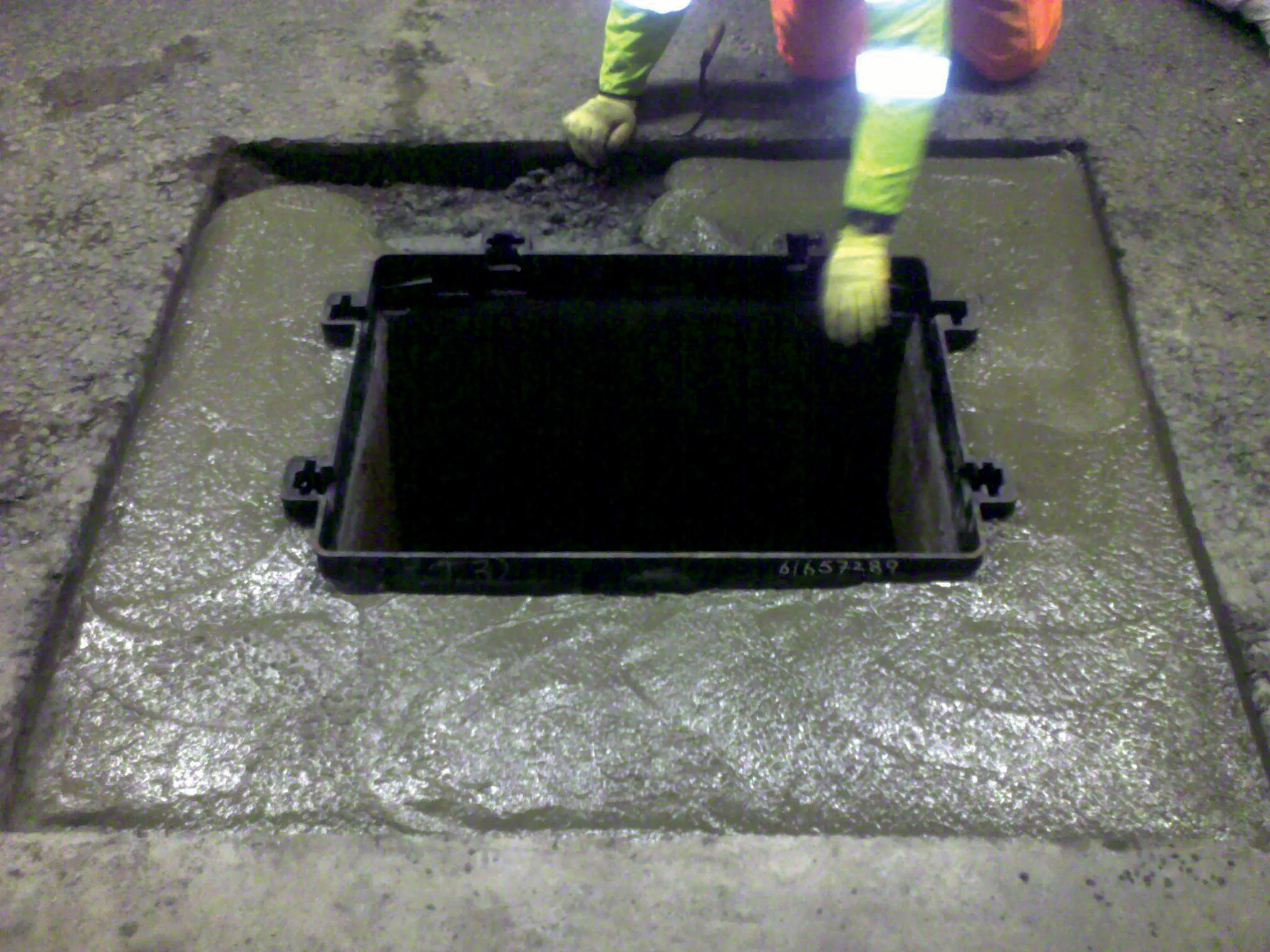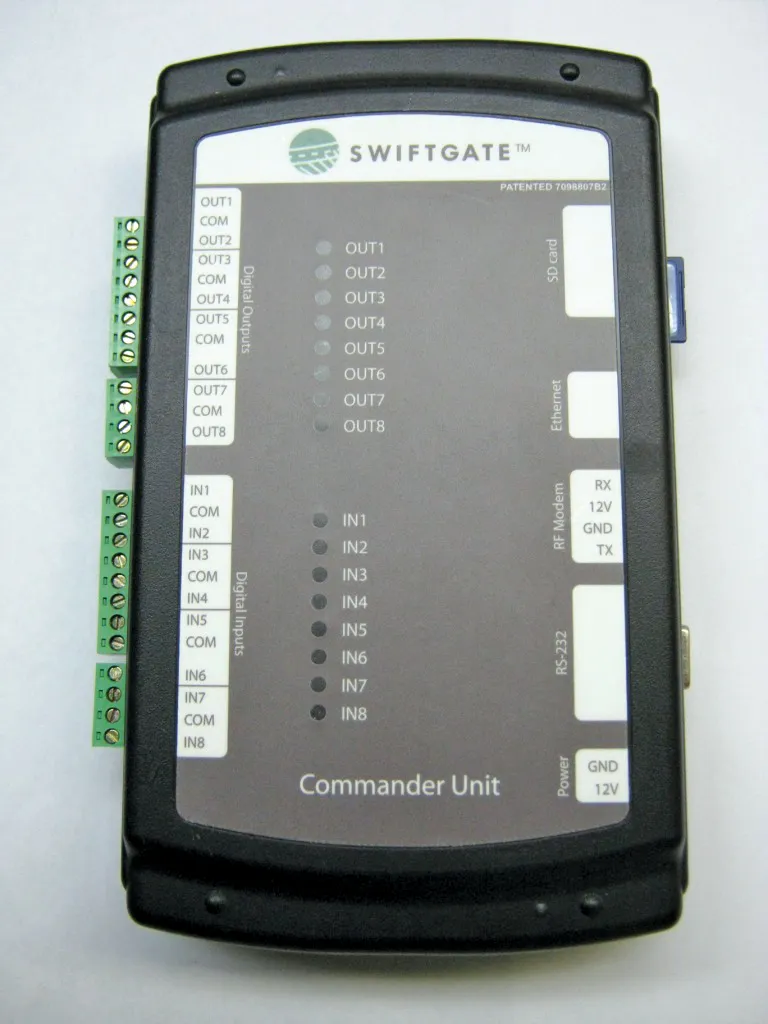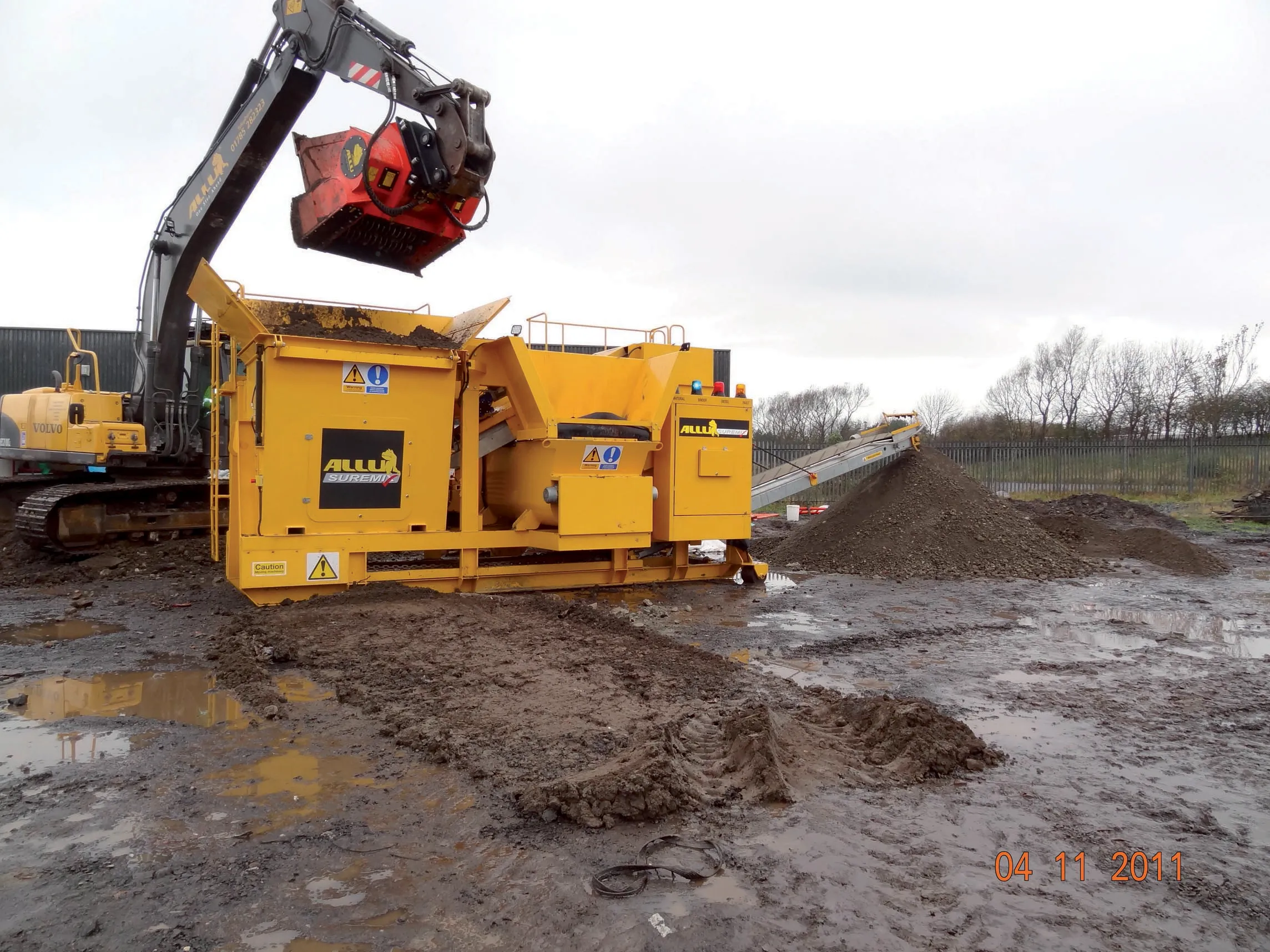A NOVEL resin alternative has been used to repair roads in North Wales in the UK. The product, supplied by Ultracrete, has been used to provide a durable, high-strength ironwork reinstatement. The cement-based resin alternative material, Envirobed HA104, was tested by the North Wales Trunk Road Agency.
Resins have traditionally been the first choice for ironwork reinstatement, due to their high performance and rapid set times.
Until now it had always been difficult to match the same performance charac
February 14, 2012
Read time: 2 mins

A NOVEL resin alternative has been used to repair roads in North Wales in the UK. The product, supplied by 2492 Ultracrete, has been used to provide a durable, high-strength ironwork reinstatement. The cement-based resin alternative material, Envirobed HA104, was tested by the 2312 North Wales Trunk Road Agency.
Resins have traditionally been the first choice for ironwork reinstatement, due to their high performance and rapid set times.
Until now it had always been difficult to match the same performance characteristics using an alternative material. However this new product is a revolutionary, next generation, environmentally friendly bedding mortar alternative to resin-based materials.
It is supplied as a two-component system which contains a blend of special cements, polymer-graded aggregates and recycled glass. The combined components provide a high performance mortar, which can be used for depths of 10-50mm in one pass. If necessary, greater depths can be achieved by using a layer-uponlayer method.
The trial in the Pen y Clip Tunnel on the A55 trunk road was carried out to assess its performance at a location featuring sustained high traffic volumes.
The product offers early tensile strengths that provide significant resistance to heavy traffic volumes.
Resins have traditionally been the first choice for ironwork reinstatement, due to their high performance and rapid set times.
Until now it had always been difficult to match the same performance characteristics using an alternative material. However this new product is a revolutionary, next generation, environmentally friendly bedding mortar alternative to resin-based materials.
It is supplied as a two-component system which contains a blend of special cements, polymer-graded aggregates and recycled glass. The combined components provide a high performance mortar, which can be used for depths of 10-50mm in one pass. If necessary, greater depths can be achieved by using a layer-uponlayer method.
The trial in the Pen y Clip Tunnel on the A55 trunk road was carried out to assess its performance at a location featuring sustained high traffic volumes.
The product offers early tensile strengths that provide significant resistance to heavy traffic volumes.








